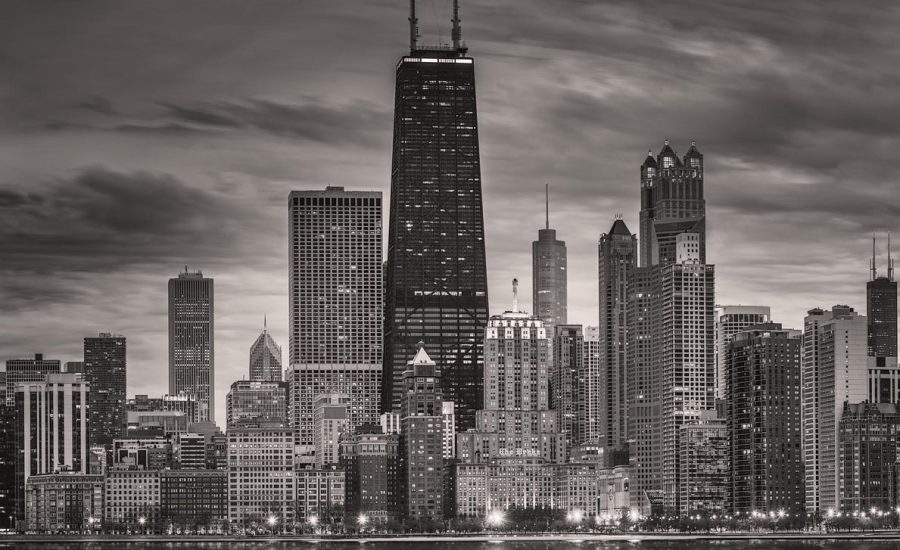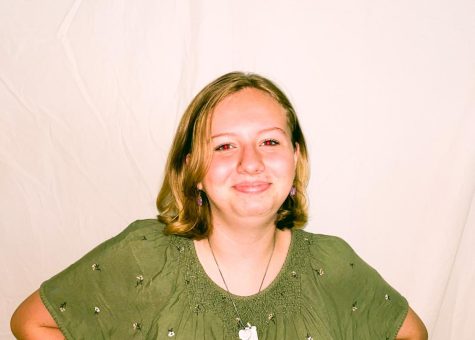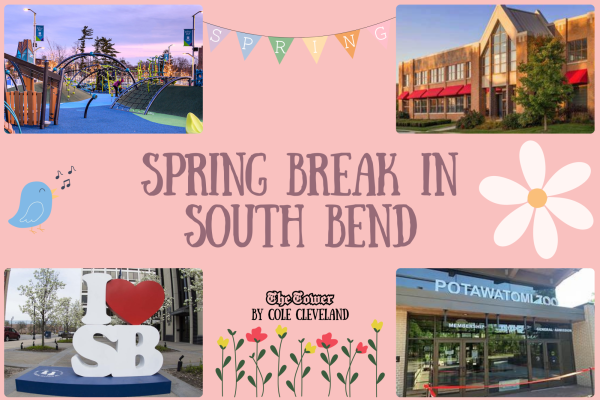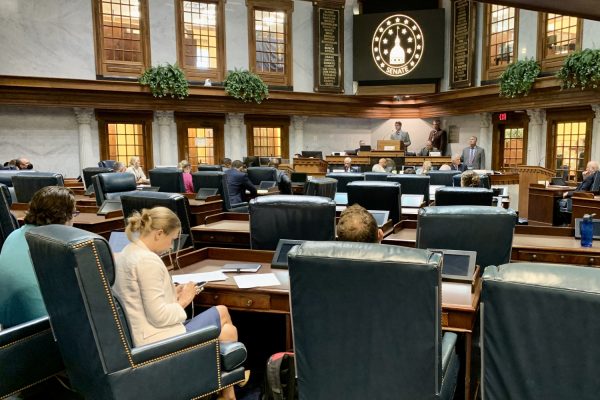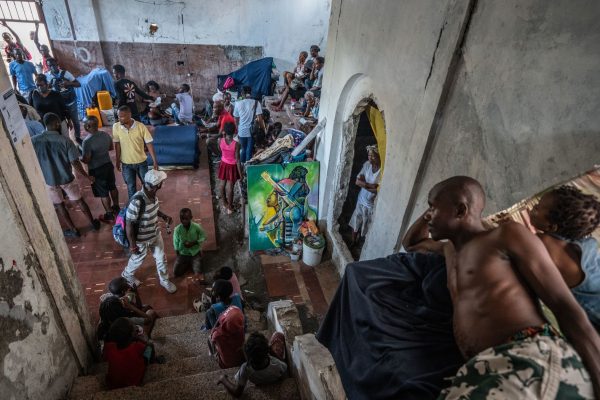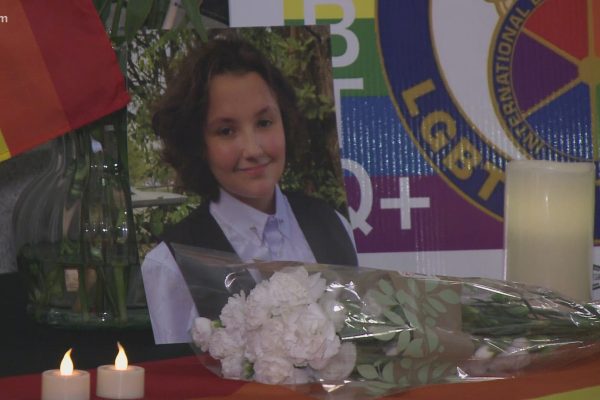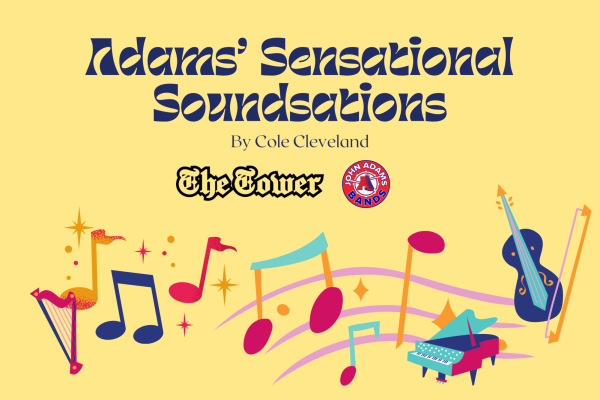The Soviet Perspective
Part 2
February 17, 2023
In 1993, after its fall in 1991, my family fled the former Soviet Union to start a new life in the United States. It took an immense amount of work and preparation to have a chance to leave the country, especially considering that they were not even sure if the plan would actually work. I interviewed my dad, Kirill, who was ten when he left Russia, to understand what it was like uprooting his life and starting anew all the way across the world.
My dad explained how he and his family were able to come to the United States, saying, “My dad had to request asylum as Jewish refugees in the United States, which was difficult because it all had to be done on paper. Obviously, there was no printer, no internet, no way for the forms to be emailed. The only way to get these forms was by having them hand delivered by someone outside of the Soviet Union.” He continued, explaining how his grand-uncle, who was already in the United States, had to deliver the documents to them. He then recounted his long journey to the United States, “Once that was done, there was praying and hoping that the application got to where it needed to and got approved. Then we had to take a five-day train to Moscow, and board a plane to Chicago. I still remember the layover in Ireland on the way, which was my first time in an international airport. I didn’t even think about the fact that people would speak other languages, so I tried asking a kid, about my age, how much a box of TicTacs was in Russian. There were so many shops and products that I had never seen before, and languages I had never heard.”
Finally arriving in the United States, my dad faced a couple of culture shocks, but ones much more interesting than I expected: “I remember my grand-uncle driving us around in his car once we got to Chicago, which was one of the first times I rode in a car, and I was fascinated by the automatic buttons that brought the windows down. My very first meal in the U.S. was a giant tray of Brown’s Chicken, which is basically like KFC. It was so bizarre as I had never had anything like that before.” He spoke of another culture shock he faced, which was going to Sam’s Club for the first time, saying, “I can still remember going there and just being amazed. My grand-uncle also got me this set of Sam’s Club G.I. Joe action figures. Before that, the only toy I ever had in my life was this one G.I. Joe action figure that my best friend and I shared, which he still has to this day.”
I absolutely enjoyed what he had told me so far about his first experiences in the United States, but I decided to ask more about what it was like switching to school in the U.S. He told me, “My first year in America I went to a Jewish transitional school. Through the Jewish refugee program they helped integrate us into American culture, teaching us English as well as Hebrew. We then switched to an inner city school in Chicago. I didn’t know any English before coming here, but it was not hard for me to learn. There was not really any period of time for me where it was hard or upsetting to transition from Russian life to American. I actually found the experience to be quite simple, but it’s a lot easier for kids. If I came here as an adult, the whole process would be much more difficult.”
Finally, I asked my dad if he had any final words that he would like to say about the subject of the Soviet Union and leaving it: “I have never been back, and I never want to go back. I’m saddened to see that the Russian Federation has reverted back to a closed, totalitarian system of oppression. But I am extremely grateful to be an American citizen, and I value all the opportunities this country has provided my family. Though I was poor and malnourished, I can still say that I had a great childhood. I am thankful that I was not stuck indoors watching TV, and instead had many adventures. I cannot say I suffered as a child, as I did not know any different, but I know I would have suffered as an adult.”
I would like to say thank you so much to my dad and the rest of my family for being the subjects of my past two articles, as they mean the world to me.


